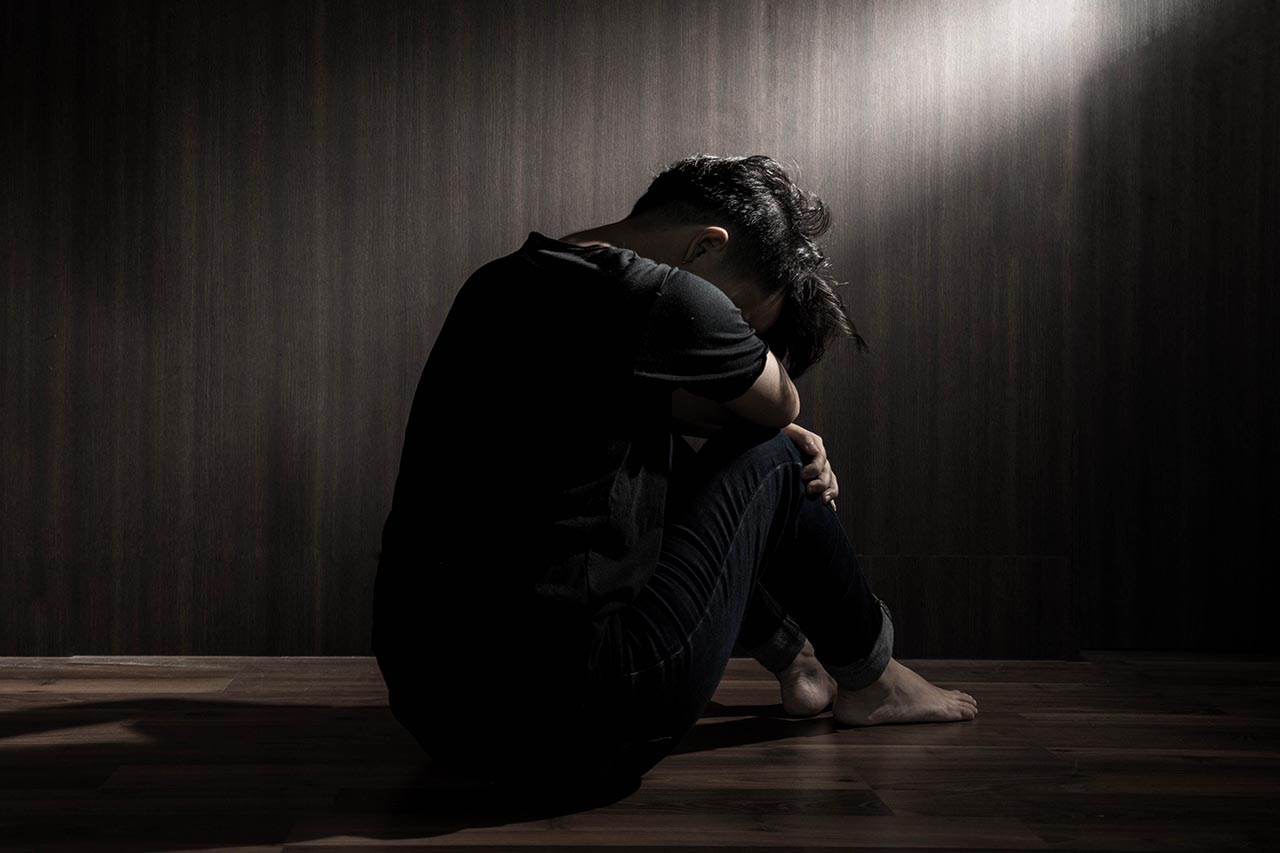Opioids are a class of drugs that are either derived naturally from the opium poppy plant or are a synthetic derivative of these drugs and mimic their effects. Many cultures have used opioids for years because they believe these drugs have great healing powers. In the United States, opioids are used medicinally to treat pain, but these drugs also have a high propensity of abuse. When misused, these drugs can lead to addiction and most people require opioid addiction treatment to quit. Opioids include oxycodone, hydrocodone, methadone, morphine, heroin, and fentanyl.
Opioids & the Opioid Epidemic
Although many opioids are painkillers that have been prescribed by a doctor, this doesn’t make them entirely safe. About 21-29% of people prescribed these drugs for chronic pain will end up misusing them.1 This misuse can quickly lead to addiction and has played a large role in the development of the United States’ opioid epidemic. As people become dependent on these painkillers, they may also look for stronger opioids like heroin and eventually fentanyl.
Some of the synthetic opioids that people are turning to or unknowingly ingesting because they are laced with other drugs are so potent that they often lead to overdose. It is estimated that opioids are now involved in almost 70% of drug overdose deaths.2
Signs of an Opioid Abuse & Addiction
Because opioids have such a high chance of overdose, it is important to get treatment for an opioid addiction before it becomes more severe. Signs that someone is under the influence of opioids includes:
- Poor coordination
- Mood swings
- Anxiety
- Lethargy
- Slurred speech
- Nausea or vomiting
- Shallow breathing
- Loss of consciousness or unresponsive
These more severe symptoms may be the sign of an opioid overdose and could be deadly. Seek immediate medical attention if this is the case.
Those who become addicted to these substances will often start to have noticeable behavioral changes as well. Signs of an opioid addiction include:
- Doctor shopping
- Lying or secretive behavior
- Empty pill bottles, needles, or other drug paraphernalia
- Track marks or skin imperfections at injection sites
- Mood swings or irritation
- Strange sleep habits
- Drastic weight changes
If you believe that your loved one is abusing these drugs, get them opioid addiction treatment immediately at a facility such as our Florida substance abuse treatment center.
Our Lake Worth Opioid Rehab Center
At Behavioral Health of the Palm Beaches, we are an opioid addiction treatment center that helps patients overcome their physical and mental draw to these drugs so that they can find lasting sobriety.
Most patients will begin with a medical detox under the supervision of medical personnel in order to safely wean their bodies off of the drug. This process involves 24-hour support and care to make the patients as comfortable as possible. Once patients become stable, they will transition to another level of care in order to address the root causes of their addiction as well as any accompanying ancillary programs. These programs will include daily therapy programs that strive to give the tools they need to eventually reenter their community and continue to maintain their sobriety on their own.
Because an opioid addiction may be tied to an underlying mental health problem, lasting sobriety can only be found if the patient learns to manage their mental health as well. As a dual diagnosis rehab in Palm Beach, we not only help patients discover the connect between their substance abuse and mental health, but also show them how to move past them both.
If you or a loved one is looking for opioid or opiate addiction treatment, let us help. Opioid addiction is a common problem, but it is treatable. Contact us today to get started.
Sources:
- NIH – Opioid Overdose Crisis
- CDC – Drug Overdose Deaths



